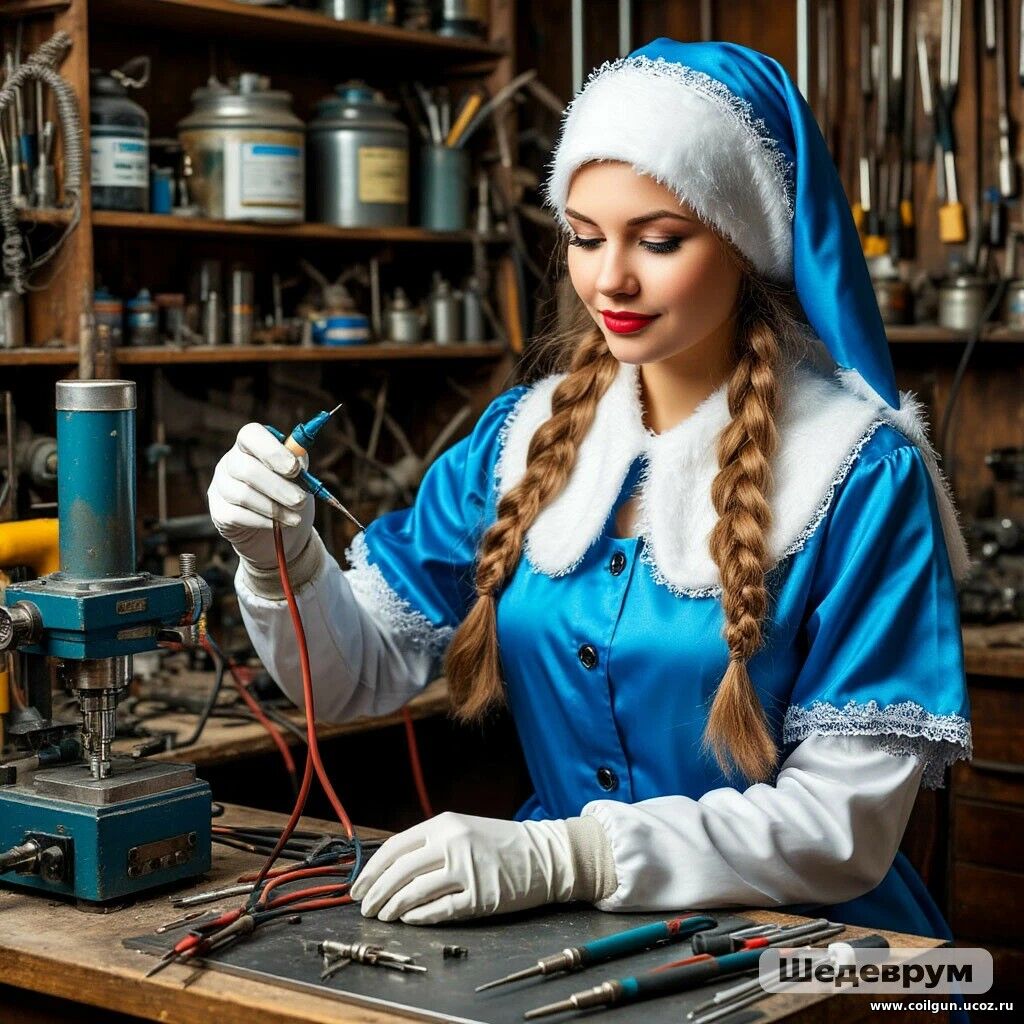|
New coilgun added to the Accelerator table - 14-staged ЭМУ-14. It is not a record-breaking masterpiece, but nevertheless pretty decent accelerator. I am glad that there are still enthusiasts, and new constructions continue to appear. By the way, the trend that I wrote about here is confirmed - SCR-based circuits continue to be developed, since they are far from having exhausted their full potential. |
|
|
|
I constructed another testing scheme for BMS circuit boards, this time quite simple - on a timer and a powerful ballast resistor. The BMS again failed to limit the current, but some interesting data was found about the ruggedness of 5-Watt resistors to high current pulse overloads.
|
|
A mini-series accomplished about unusual PWM controller chips for capacitor chargers. In the last part, a virtual competition between LT1619 and LT3750 is conducted. |
|
The second part of the mini-series added about low-voltage converters. We are studying another PWM from Linear, a potential candidate for creating battery-powered capacitor chargers.
|
|
Finally, I finished and posted a video about the BMS short-circuit current tester. This video just got the hell out of me - it was being made for almost six months, and four (fundamentally different) versions of the scheme were tried. The saddest thing is that the final results for the under-test BMS, which I had been going to use in my researches, turned out to be negative - the circuit did not provide shut down in the prescribed ranges of the output current duration and amplitude...
... Read more » |
|
The type 928 stun gun (very common thing in the segment of cheap multiplier-based electroshockers) investigated. According to the parameters, it turned out to be not so good, as expected, but it sells on Ozone for only a thousand rubles. In the future, I will redo it according to the "evil" (Taser) scheme, there is one interesting idea. Enjoy watching it, everyone!
... Read more » |
|
As it suddenly turned out, for some reason I forgot to add the news here that I have released two new videos from the series "Gauss Guns" - about the general principles and switching schemes of power circuits of coilguns, as well as about methods for evaluating and comparing electromagnetic accelerators. I'm correcting myself and posting both videos (as links to both YouTube and my VK community). To all those who haven't seen it yet, enjoy watching! ... Read more » |
|
The website is coming out of summer vacation! An interesting small transformer was purchased and measured. Its special feature is the armored core design with winding of all windings on one (central) kernel. I measured this transformer and entered the results into my table of inductive components. In addition, I created and tested several schemes of blocking generators for low-power high voltage sources with its participation. Nice viewing! |
|
A new excellent sample has been added to the Accelerator Table - Tokamake's TK20-mini. Thanks to the optimization of the coil parameters, the author managed to achieve an unprecedented 127 m/s in the pistol format! In terms of the G form factor, the design ranks 3rd in the Table, and the first in terms of Kx (more than a hundred!). Congratulations on the record! |
 Congratulations to all visitors and subscribers of my website on the past and upcoming holidays - Christmas and New Year! I can't say that the past year has made me particularly happy, but at least I'm still alive and so are you, if you're reading this, which is not bad for our times...To be honest, I'm already afraid of wishing something in the coming 2026, but still I would like to have a sharp eye and a firm hand to hold a soldering iron in it and get it where it should be. As well as financial resources, not only to maintain a biological existence, but also to pursue hobbies and realize good ideas!
Congratulations to all visitors and subscribers of my website on the past and upcoming holidays - Christmas and New Year! I can't say that the past year has made me particularly happy, but at least I'm still alive and so are you, if you're reading this, which is not bad for our times...To be honest, I'm already afraid of wishing something in the coming 2026, but still I would like to have a sharp eye and a firm hand to hold a soldering iron in it and get it where it should be. As well as financial resources, not only to maintain a biological existence, but also to pursue hobbies and realize good ideas!